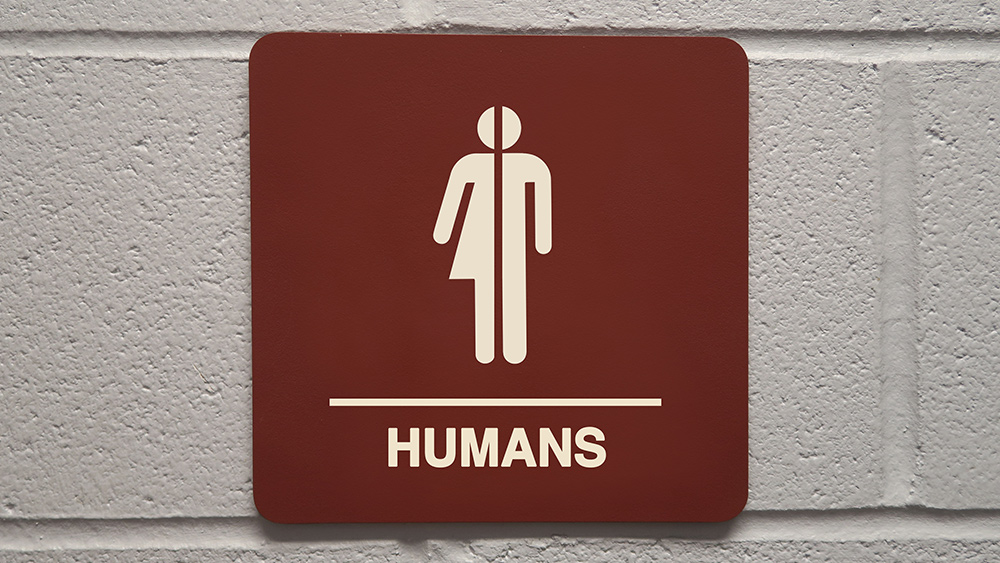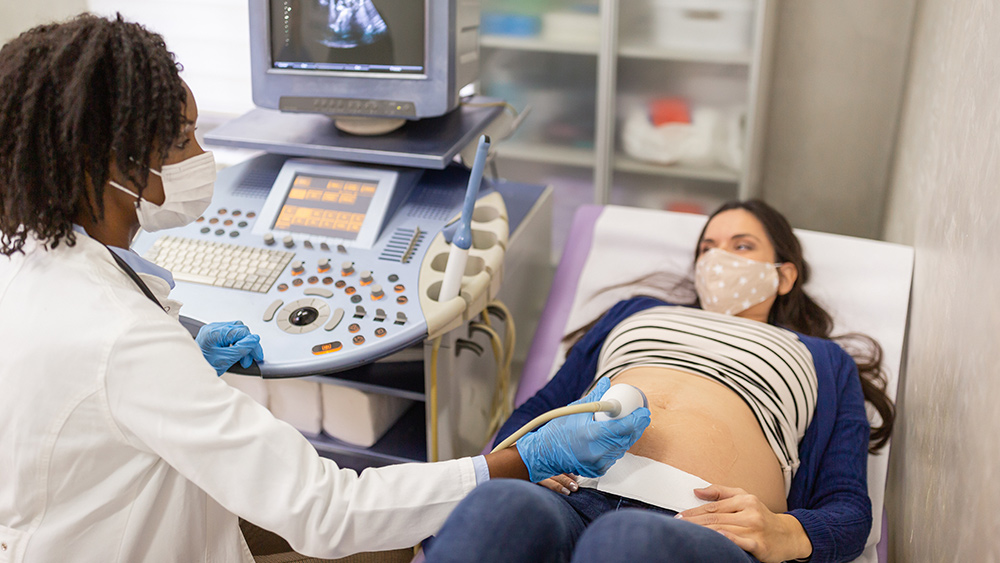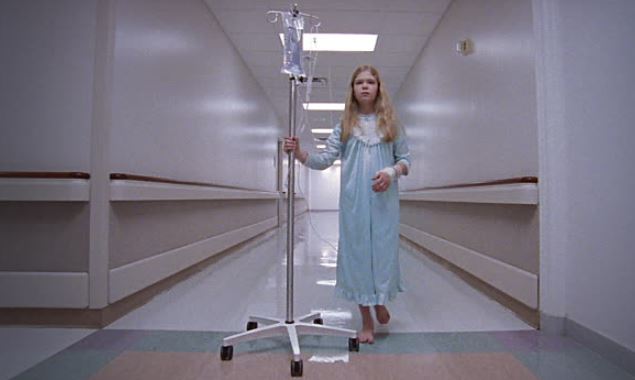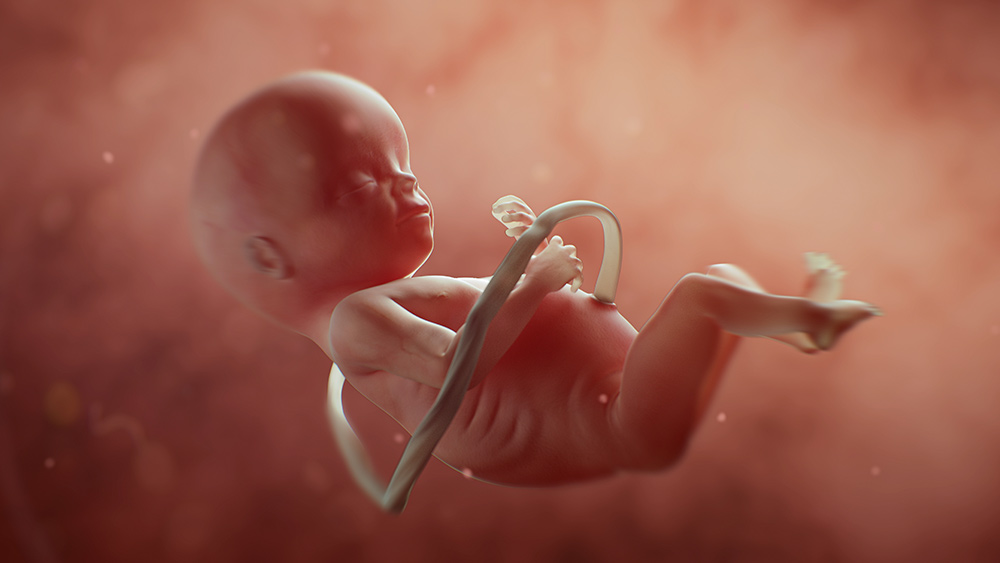STUDY: 33% of biological women on testosterone therapy may still ovulate
02/27/2024 / By Laura Harris

A new study published in the journal Cell Reports Medicine has found that 33 percent of transmasculine individuals on testosterone therapy may still ovulate.
The small study, conducted on 52 transmasculine participants (biological women who are using hormones to “transition” into artificial men), all of whom had undergone testosterone therapy for at least a year before receiving oophorectomy, sought to investigate the impact of testosterone on ovulation. Oophorectomy is a surgical procedure that involves the removal of one or both ovaries.
Surprisingly, despite not experiencing periods before the procedure, 33 percent of participants showed signs of recent ovulation in the analysis of their ovaries post-surgery. Some of the participants show signs of ovulation, like the presence of fluid-filled sacs where unfertilized eggs develop and the corpus luteum, a group of cells formed after ovulation that produces hormones supporting potential pregnancy. (Related: MTV poster child for transgenderism REGRETS surgical mutilations, which RUINED her life.)
“Testosterone apparently has a heterogenous [various] effect on ovarian tissue. We don’t know why one person ovulates and another person doesn’t. In any case, we cannot explain this difference by the type of testosterone, or how long someone has been taking testosterone,” said Joyce Asseler, a co-senior study author and a doctoral candidate at Amsterdam University Medical Center in the Netherlands.
In turn, Asseler, along with her fellow Dutch researchers, warned transmasculine people about the possibility of ovulation even during testosterone therapy. Asseler explains the need for contraception for those engaging in sexual activity that could lead to unwanted pregnancies.
“The physical and mental consequences of an unplanned and unwanted pregnancy are enormous. It is important that transmasculine people and their healthcare providers are aware of this risk and act accordingly,” Asseler said.
Transgender patients could face life-threatening complications
Although the Dutch study sounds appealing, researchers in another study still found that a significant number of transmasculine individuals are facing life-threatening complications.
For instance, a study conducted based on the analysis of the Food and Drug Administration‘s Adverse Event Reporting System reveals that 88 percent of trans men (female at birth, transitioning to male) were more often serious and fell into the most serious type of case. The most common serious issues included injuries to organ systems, poisoning, and complications such as infections, bleeding at the injection site and nerve damage.
Meanwhile, in trans women (male at birth, transitioning to female), 54 percent were categorized as serious. The most prevalent issues were related to injuries, poisonings or complications from medical procedures, with the majority attributed to the off-label use of drugs.
Furthermore, previous research from Mercy Catholic Medical Center in Darby, Pennsylvania, suggested that transgender patients on hormone therapies face higher risks of ischemic stroke, myocardial infarction, and pulmonary embolism. Both estrogen and testosterone, commonly used in hormone therapies, are known to increase blood clotting activity.
Learn more about the spread of gender ideology in America at Gender.news.
Watch the full episode of “Renz Rants” with Tom Renz discussing how the leftists continue to promote the LGBTQIA+ agenda.
This video is from the Thomas Renz channel on Brighteon.com.
More related stories:
Study: 34% of children put on transgender puberty blockers end up becoming mental cases.
Sources include:
Submit a correction >>
Tagged Under:
culture wars, discoveries, gender, gender confused, health science, left cult, LGBT, lgbtqia, medical violence, ovulation, real investigations, research, Testosterone, testosterone therapy, transgender, transhumanism, transmasculine, truth, women's health
This article may contain statements that reflect the opinion of the author
RECENT NEWS & ARTICLES
COPYRIGHT © 2017 WOMENS HEALTH NEWS




















